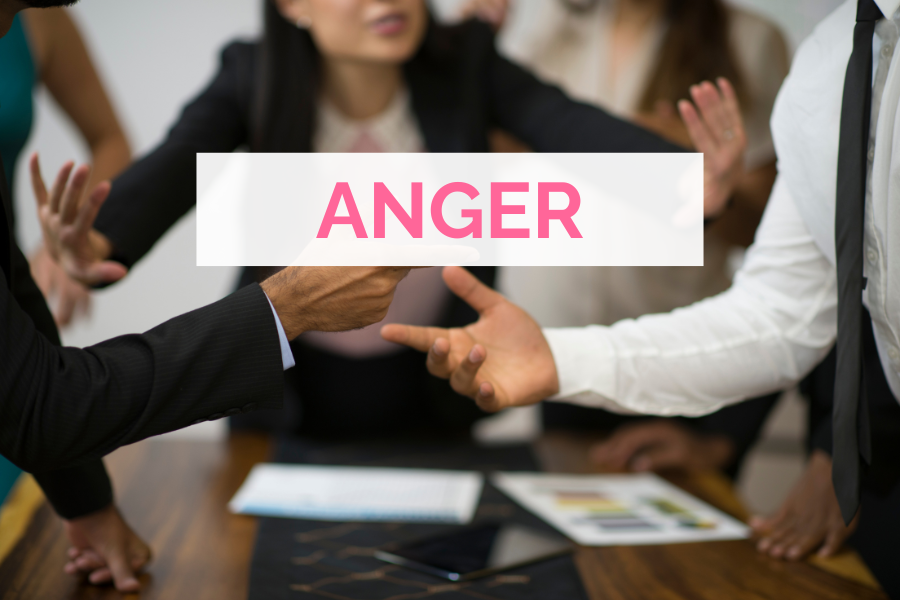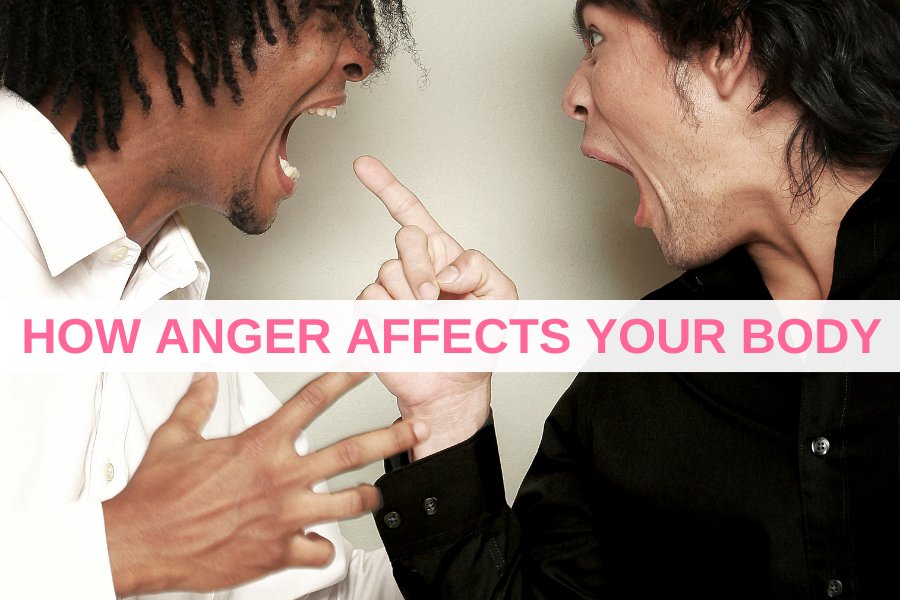Anger.
It’s a powerful, natural emotion – one that affects both men and women. But how we respond to it can shape our lives, relationships, and mental and physical health.

While anger isn’t inherently bad, unmanaged anger can have lasting consequences. And since it’s Men’s Health Month, it’s the perfect time to shine a light on a topic we don’t talk about nearly enough: men and anger.
In this post, we’ll explore the signs, causes, effects, and management strategies around male anger and how healing is not only possible but necessary.
Why Focus on Men and Anger?
For nearly nine years, I’ve worked in an anger management program. Interestingly, around 95% of my clients were men. Many were mandated by parole, the courts, or Child Protective Services.
Through this work, I’ve gained deep insight into the emotional burdens and societal pressures that often prevent men from fully expressing and managing their anger in healthy ways.
🚩 Men and Their Anger Issues
Here are seven common signs a man may be struggling with anger issues.

👉 Recognizing these signs early can be the first step toward their healing and healthier emotional responses.
- Frequent outbursts: Yelling, slamming doors, or lashing out over minor irritations
- Physical aggression: Resorting to violence or intimidation
- Verbal abuse: Using hurtful or demeaning language during conflicts
- Blaming others: Refusing accountability, placing blame elsewhere
- Chronic irritability: Constantly feeling on edge or easily annoyed
- Substance abuse: Using drugs or alcohol to cope with anger
- Withdrawal and isolation: Shutting down emotionally or pulling away from loved ones
If you notice these signs in yourself or someone close to you, know that help is available and necessary.
Related Post: June is Men’s Health Month: Here Are Vital Men and Mental Health Facts to Know!
🔍 What Causes Anger Issues in Men?
Men don’t become angry in a vacuum. Anger is often a symptom of deeper pain or stress. (Source)

Some common root causes include:
- Stress: Work, finances, and family responsibilities can lead to overwhelming pressure.
- Frustration: Feeling out of control or stuck in life.
- Unresolved trauma: Past abuse, neglect, or life-altering experiences that haven’t been processed.
- Mental health issues: Depression, anxiety, and ADHD often show up as anger in men.
- Societal expectations: Many men are taught to suppress emotions like sadness or fear. Anger becomes their only outlet.
- Low self-esteem: Insecurity and feelings of inadequacy can lead to defensive anger.
- Learned behavior: Growing up in environments where anger was normalized or modeled.
Understanding these causes helps us respond with compassion, not judgment.
🧠 The Effects of Anger on the Body and Mind
Anger isn’t just emotional, it’s physiological. Chronic anger can wreak havoc on your body and mind.
Here are seven ways anger affects men’s health:

- High blood pressure: Anger triggers an adrenaline rush that elevates BP.
- Heart problems: Chronic anger increases the risk of heart disease.
- Weakened immune system: Ongoing stress reduces immune function.
- Digestive issues: Anger can contribute to ulcers, IBS, and acid reflux.
- Mental health struggles: Linked to depression, anxiety, and emotional burnout.
- Sleep disturbances: Trouble falling or staying asleep due to racing thoughts.
- Substance use: Many men turn to alcohol or drugs for temporary relief.
Unchecked anger doesn’t just strain relationships; it puts your health at serious risk too.
🛠️ 5 Anger Management Tips for Men
There is a better way. Managing anger doesn’t mean suppressing it—it means learning to respond instead of react.
Here are five tools I recommend to the men I work with:
- Identify your triggers: What situations, people, or feelings tend to set you off? Awareness is the first step.
- Practice relaxation techniques: Deep breathing, meditation, or even a quick walk can calm the nervous system.
- Express emotions safely: Talk to a trusted friend, therapist, or counselor about what’s going on inside.
- Exercise regularly: Physical activity helps burn off tension and boost mood.
- Learn healthy communication: Assertiveness is key—speak your truth clearly without attacking others.
Managing anger is not weakness; it’s strength, maturity, and emotional intelligence.
📚 Recommended Reading for Men

If you’re ready to explore your inner world and begin the healing journey, these two books by Pervis Taylor III are powerful resources:
#1 Heal Forward: Four Steps to Purposeful Living
Taylor shares his personal healing journey and introduces the “4 V’s”—Vision, Verified, Voice, and Vulnerability tools for meaningful change. It’s a guide for men who are ready to evolve, not just survive.
#2 Surthrival Mode
This book walks men through the “4 A’s of Surthrival”: Acknowledgement, Acceptance, Articulation, and Alchemy to help navigate emotions, trauma, and life’s toughest challenges.
Both books are practical, uplifting, and written with men in mind.
💬 Final Thoughts? Hmmm… Let’s Talk About It
Men and their anger issues are a conversation we need to have, especially during this Men’s Health Month.
When we understand the signs, causes, and consequences of unmanaged anger and when we offer support, tools, and compassion, we open the door to healing.
If you or someone you love is struggling, know that you’re not alone, and change is possible. Whether through therapy, support groups, or self-help resources, there is a path forward.

This post is all about men and anger—and why it’s time to talk, heal, and thrive.
+ show Comments
- Hide Comments
add a comment